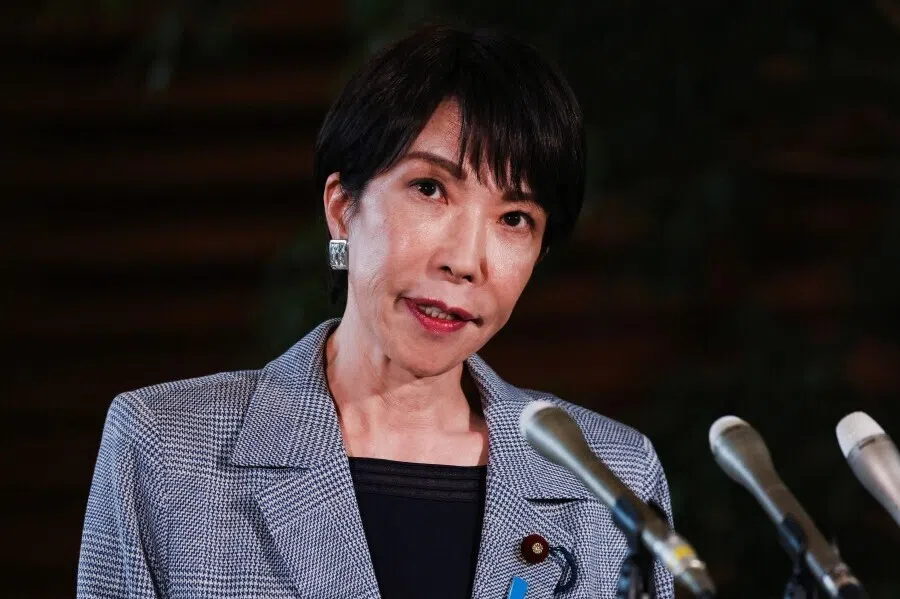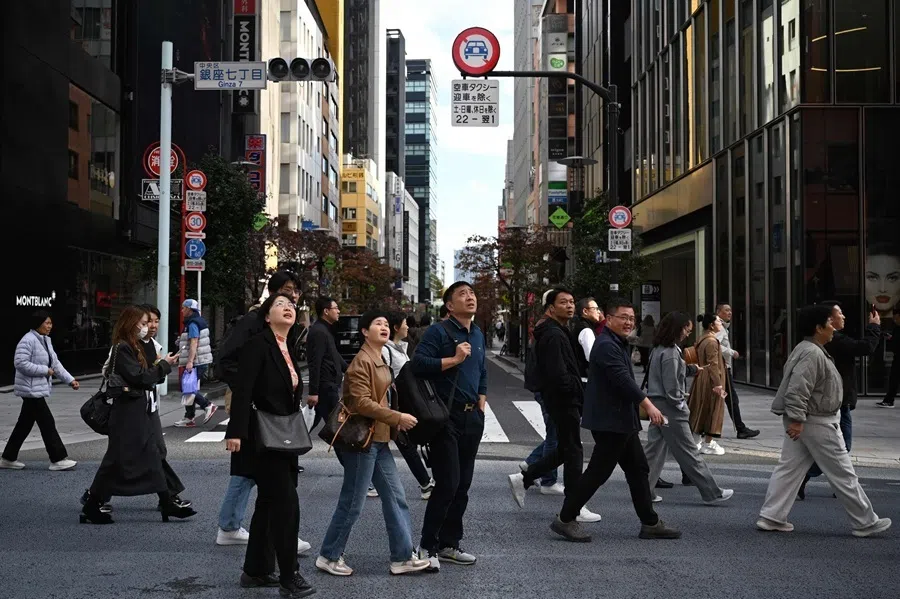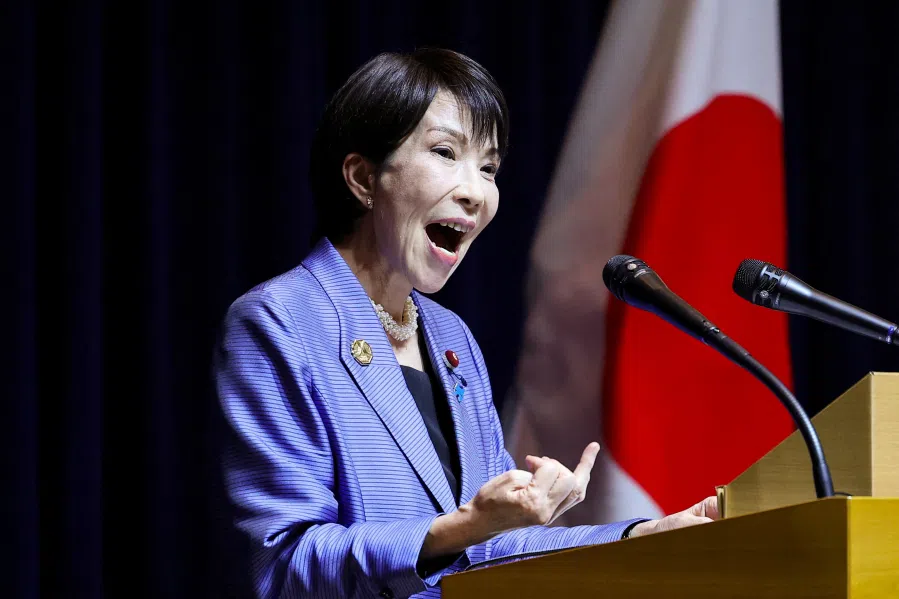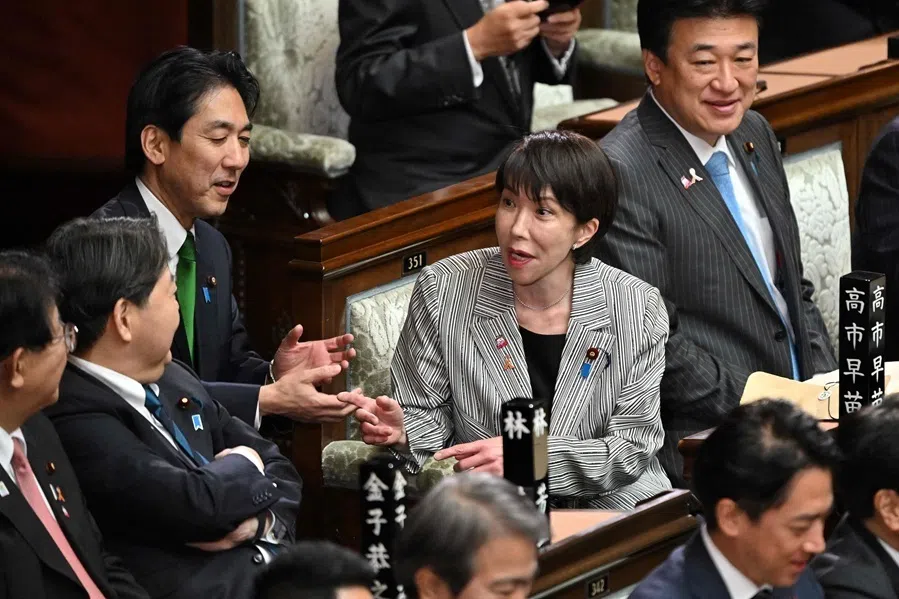Taiwanese youth: What does democracy in Ukraine and Taiwan tell us?
Throughout the Russia-Ukraine war, Ukrainian President Vlodomyr Zelenskyy has been seen as a champion for democracy against authoritarianism, but Taiwanese social entrepreneur and columnist Jack Huang highlights the flaws in the media's portrayal and how it could impact the Taiwan Strait crisis.
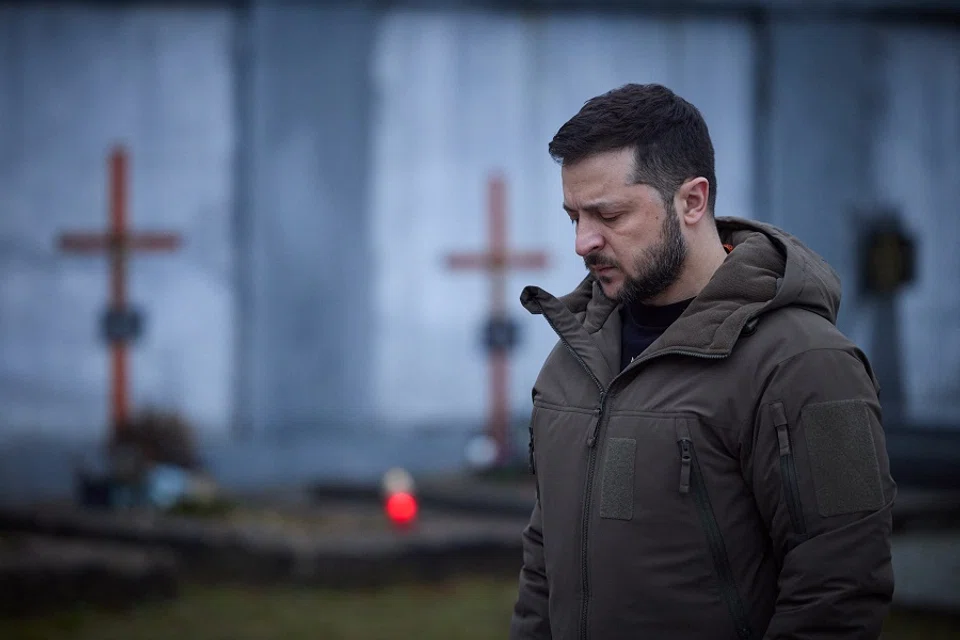
Amid the Russia-Ukraine war that has been ongoing for more than a year, Ukrainian President Volodymyr Zelenskyy has transformed from a former comedian when he first took office into a national hero, or even the favoured candidate to lead the freedom camp against an authoritarian regime.
Complex truths behind the conflict
Indeed, wars are always brutal. While leaders on both sides still enjoy a high level of support in their respective polls boosted by the sense of nationalism derived from patriotic brainwashing, it is always the ordinary people and the innocent soldiers on the front line who bear the brunt of the attack. Global audiences may have become numb to the scenes of displacement and stories of broken families, but such pain will never be forgotten by those involved.
The establishment of a civilisation may require centuries of concerted efforts, but it only takes a few ambitious and maniacal people to completely destroy what was accumulated for years or even centuries in an instant.
The reasons for the outbreak of the Russia-Ukraine war are widely divided, and the various calculations and geopolitical forces behind it are also complex. If we carefully analysed the information that the media has fed us during this period, we would find that many of the supposed truths are not necessarily so.
Now, the main theme of the war is the dichotomy between democracy and authoritarianism, and we are forced to choose sides whether consciously or unconsciously, much like the Cold War situation then.
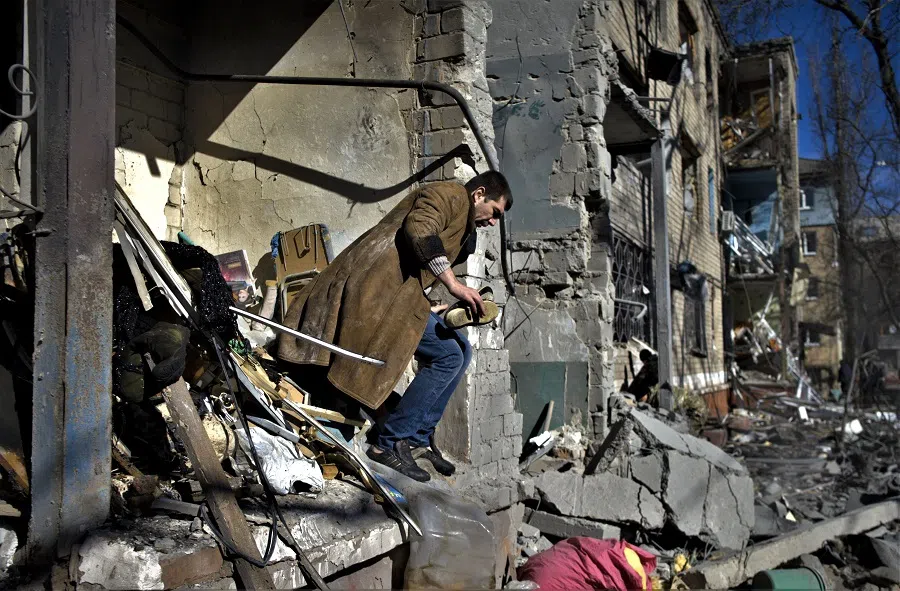
Just like French philosopher Jean Baudrillard's 1991 article "The Gulf War Did Not Take Place", which severely criticised the "reality" constructed through political manipulation and by the media, are there even more "facts" and scenarios being intentionally filtered and selected before they are presented to the world in the current era of advanced information technology?
Now, the main theme of the war is the dichotomy between democracy and authoritarianism, and we are forced to choose sides whether consciously or unconsciously, much like the Cold War situation then.
Short of being a democratic country
Let's talk about Ukraine first. Undoubtedly, Ukraine has never been deemed a sound democracy. While it adopts a dual executive and representative democratic system, Western media has always criticised the country's governance system, corruption and efficiency issues, and how it handles dissidents, asserting that the country is more like a cross between populism and dictatorship.
While it appears that the European Union (EU) refuses to expedite Ukraine's membership bid to avoid unnecessary conflict with Russia, the underlying reason is that Ukraine does not meet the EU's minimum standards for a democratic country and free market across various indicators and requirements.
Interestingly, if we analysed Western media reports on Zelenskyy prior to 2022, we would find that negative news far exceeded positive ones.
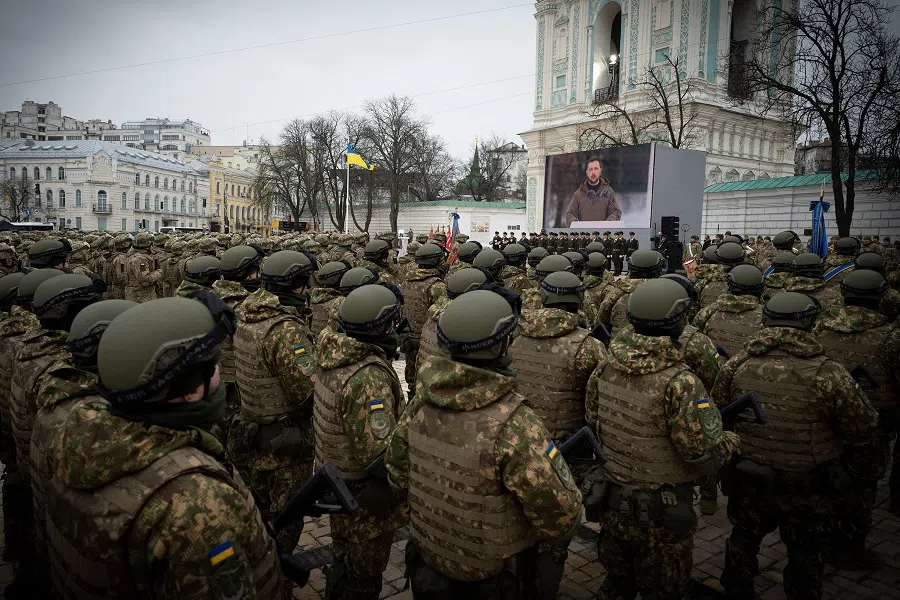
Upon closer look at Ukraine's president, who took the pro-Western media by storm with his heroic persona after the war broke out, Zelenskyy was in fact involved in a number of corruption scandals prior to the war. These scandals include tobacco smuggling and embezzlement linked directly to the presidency, as well as the appointment of his close confidants to the government and putting them in important positions, such as in the military or energy procurement, to reap benefits.
But interest in these incidents has dissipated since the war broke out. Following constant domestic and foreign media coverage and dissemination, resisting the invaders and defending a free nation is what everyone should seemingly focus on.
Interestingly, if we analysed Western media reports on Zelenskyy prior to 2022, we would find that negative news far exceeded positive ones. For example, The New York Times once commented on Zelenskyy's utter lack of political experience and concrete policies, as well as his inability to handle the complex Ukraine issue.
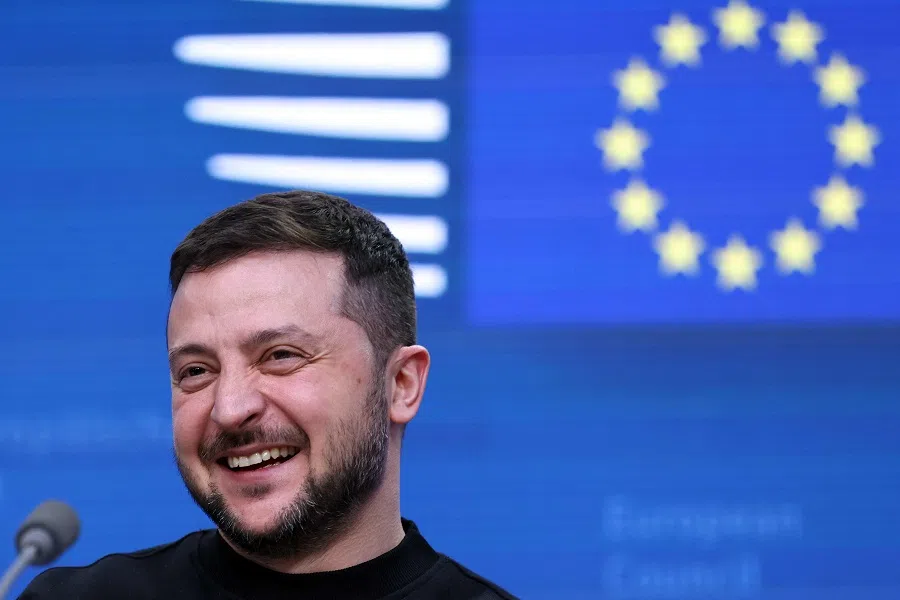
BBC and CNN talked about his acting career before he entered politics and asserted that the people did not elect him because they believed that he could govern Ukraine well. Rather, it was because they were dissatisfied with the political situation at the time and had no choice but to elect a president that would have a comedic effect. Deutsche Welle also blatantly said that Zelenskyy's leadership and ability to deal with Ukraine's border and diplomatic issues is a matter of concern.
Praise and criticism depend on the international situation and geopolitics, what sort of discussion topics are needed, and how to maintain the advantage for the forces behind the scenes.
Sudden change of tone
However, as it became clearer that the West wanted to mobilise against Russia, how did the same group of Western mainstream media change direction in such a short time?
The New York Times simply changed its tone and lauded Zelenskyy for his outstanding and decisive leadership in times of crisis, and for leading Ukraine in gaining significant progress. BBC and CNN also fell in line with Zelenskyy's leadership style, and actively reported on his efforts in seeking international assistance, hoping to drum up more support.
It is easy to see how the wind blows. Theoretically, it is unlikely that one's leadership style and governance ability would drastically change in a very short time, but the assessment of Zelenskyy in the media and public opinion can easily flip 180 degrees. Praise and criticism depend on the international situation and geopolitics, what sort of discussion topics are needed, and how to maintain the advantage for the forces behind the scenes.
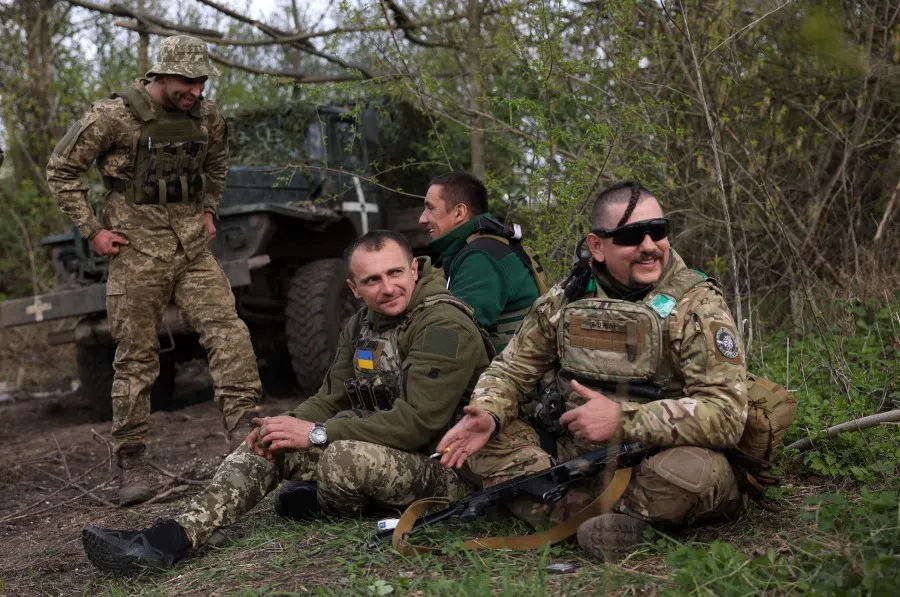
At this point, portraying Ukraine as the front line of democracy and Zelenskyy as a leader standing against tyranny does help to unite the anti-Russia sentiment in the West and pro-West camp. This allows for a decent war by proxy, where the Ukrainians fight and allies are gathered to create a new world order excluding Russia, and where the big brother is obvious.
In the Asia-Pacific region, the issue with Taiwan and China is often compared with what is happening in Europe. For the US, besides old rival Russia, the rising power is definitely China. Some political academics would have it that it could be beneficial to regard Taiwan as the "Ukraine of Asia", a "bulwark of democracy" and the "first line of resistance against communism and tyranny" - if war breaks out in the Taiwan Strait, this would fit US interests.
Halo of democracy
So how do we set up advantageous public opinion? The Economist Intelligence Unit (EIU) releases an annual Democracy Index, which is an important measure of democracy in various countries. Taiwan was only ranked around 35th to 40th place when Tsai Ing-wen first took office in 2014, but jumped to 1st in Asia and 8th out of 167 locations by 2021. How incredible is that?
... what has Taiwan's government done to send its democratic standing up by over 20 places in the index, to overtake even the UK, France, Germany and Canada, and beat out Japan, South Korea and other democratic countries in Asia?
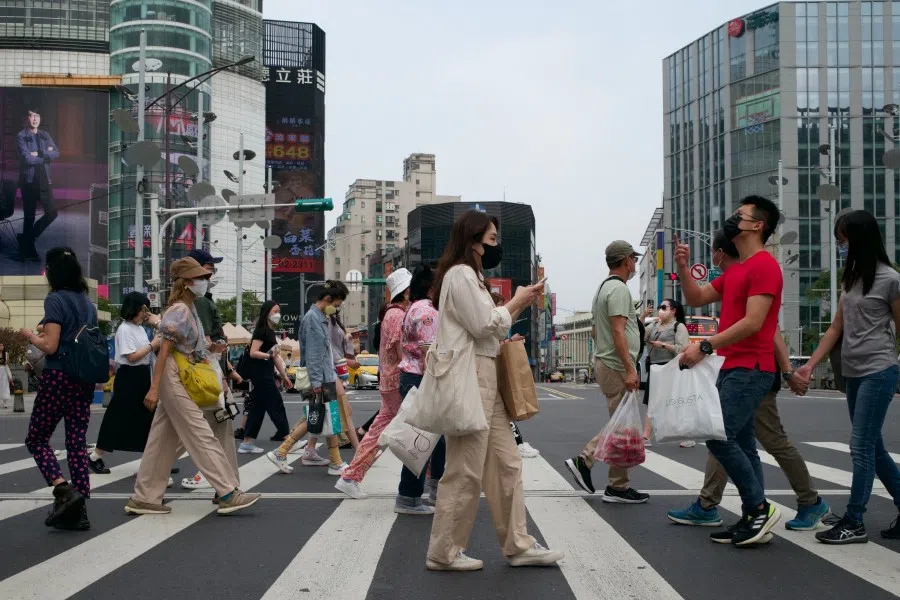
Admittedly, Taiwan's proud achievements in democracy are commendable due to the efforts of President Tsai and her team. On the other hand, what has Taiwan's government done to send its democratic standing up by over 20 places in the index, to overtake even the UK, France, Germany and Canada, and beat out Japan, South Korea and other democratic countries in Asia?
As a Taiwanese I am curious, what groundbreaking democratic achievements have we made over the past seven years? Or what enviable systemic reform have we implemented? I do not mean to criticise the professionalism or calibre of the EIU, but the political considerations that it wants to communicate through its index are also worth thinking about.
... if China does use force against Taiwan one day, is it logical to simply slap on the public opinion model of managing Ukraine to the conflict in the Taiwan Strait, and seek international allies to "unite against China"?
Assessing how Taiwan has done in terms of democracy is of course subjective and dependent on the criteria and methodology used. But from another perspective, people should consider this: as Taiwan is shaped into a bastion of democracy on the front line of Asia, if China does use force against Taiwan one day, is it logical to simply slap on the public opinion model of managing Ukraine to the conflict in the Taiwan Strait, and seek international allies to "unite against China"?
Nobody knows, but it is an interesting thought experiment.
This might be another side of democracy. Not only does the system have to be in line with mainstream values, but if you take a relatively correct position at a consequential timing, the halo of democracy might appear to shine even brighter, and global opinion would give it much attention.


